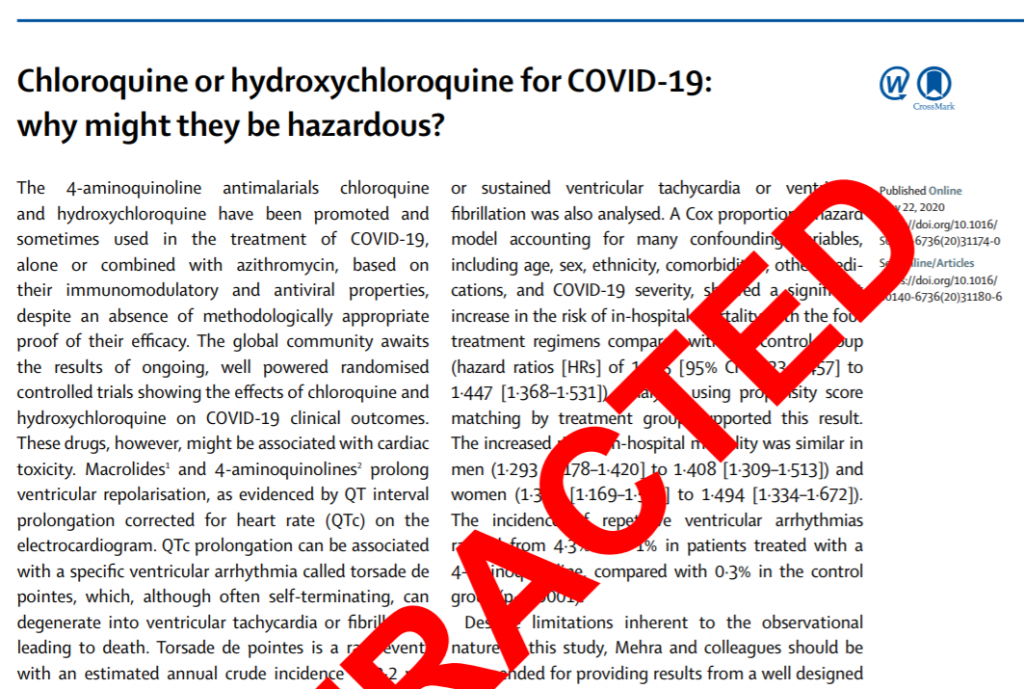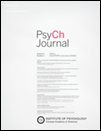A 2021 article that found journals from the open-access publisher MDPI had characteristics of predatory journals has been retracted and replaced with a version that softens its conclusions about the company. MDPI is still not satisfied, however.
The article, “Journal citation reports and the definition of a predatory journal: The case of the Multidisciplinary Digital Publishing Institute (MDPI),” was published in Research Evaluation. It has been cited 20 times, according to Clarivate’s Web of Science.
María de los Ángeles Oviedo García, a professor of business administration and marketing at the University of Seville in Spain, and the paper’s sole author, analyzed 53 MDPI journals that were included in Clarivate’s 2018 Journal Citation Reports.
Continue reading Article that assessed MDPI journals as “predatory” retracted and replaced







 The authors of a 2017 paper on emotional and behavioral gaps between boys and girls have retracted the article after discovering a coding error that completely undermined their conclusions.
The authors of a 2017 paper on emotional and behavioral gaps between boys and girls have retracted the article after discovering a coding error that completely undermined their conclusions.